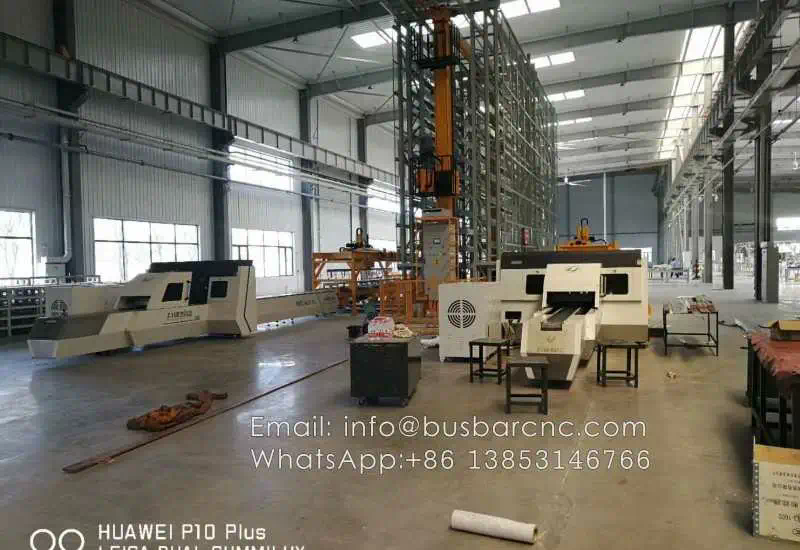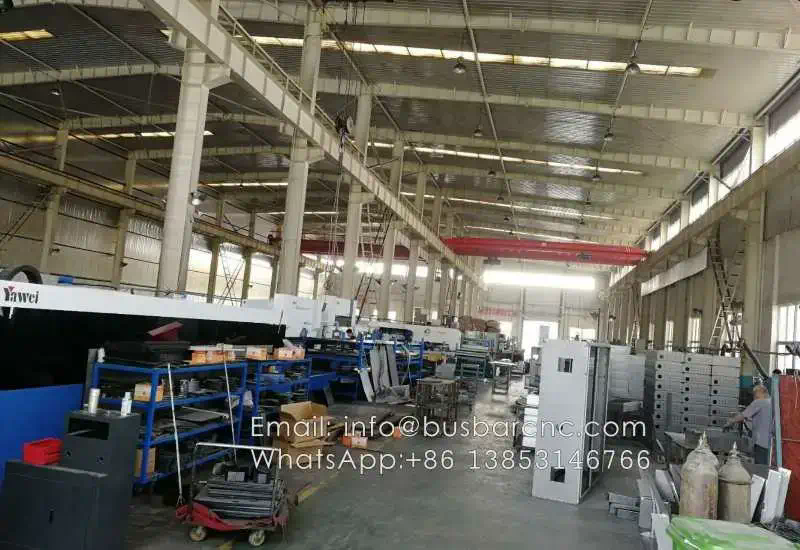Driven by Innovation – CNCs in the Aerospace Industry
The aerospace industry stands at the forefront of technological innovation, constantly pushing the boundaries of what is possible in aviation. Central to this pursuit of excellence is the integration of advanced technologies, with Computer Numerical Control (CNC) machines playing a pivotal role in shaping the future of aerospace manufacturing. Driven by innovation, CNCs have revolutionized the production processes within the aerospace sector, enabling greater precision, efficiency, and customization in the creation of complex components for aircraft and spacecraft.
The Evolution of CNC Technology
CNC technology has evolved significantly since its inception, transforming the manufacturing landscape and setting new standards for precision engineering. Initially developed for automating the production of complex parts in the automotive industry, CNC machines have become indispensable in aerospace manufacturing due to their unparalleled accuracy and repeatability. By utilizing computer-aided design (CAD) and computer-aided manufacturing (CAM) software, CNC machines can interpret digital blueprints with utmost precision, translating intricate designs into physical components with minimal margin for error.

Enhancing Precision and Accuracy
One of the key advantages of CNC machines in the aerospace industry is their ability to deliver unparalleled precision and accuracy in the production of critical components. Whether it is machining intricate airfoils for jet engines or crafting specialized structural elements for spacecraft, CNC technology ensures that every part meets the exacting specifications required for safe and reliable operation in the demanding aerospace environment. The tight tolerances achievable with CNC machining not only enhance the performance of aerospace systems but also contribute to overall safety and reliability.
Streamlining Production Processes
CNC machines have revolutionized the efficiency of aerospace manufacturing by streamlining production processes and reducing lead times for component fabrication. The automation capabilities of CNC systems enable continuous operation without the need for constant human intervention, allowing companies to achieve higher throughput and lower production costs. Furthermore, the ability to store and recall machining programs digitally facilitates rapid prototyping and iterative design improvements, accelerating the development cycle for new aerospace technologies.

Customization and Complexity
In the aerospace industry, where each component must meet stringent performance requirements and regulatory standards, the ability to customize parts to exact specifications is paramount. CNC machines excel in producing complex geometries and intricate designs that would be impractical or impossible to manufacture using traditional methods. From lightweight components for fuel-efficient aircraft to specialized components for space exploration missions, CNC technology enables engineers to push the boundaries of design complexity and functionality without compromising on quality.
Materials Innovation and Machining Challenges
As aerospace materials continue to evolve, presenting new challenges and opportunities for manufacturers, CNC technology has adapted to meet the demands of machining advanced materials. Whether working with high-strength alloys, composite materials, or exotic metals, CNC machines equipped with specialized tooling and cutting strategies can effectively machine a wide range of materials with precision and efficiency. The ability to optimize cutting parameters and tool paths for specific materials ensures that aerospace manufacturers can achieve the desired performance characteristics while maintaining productivity and quality standards.
Integration with Industry 4.0
The integration of CNC machines with the principles of Industry 4.0 has further enhanced the capabilities of aerospace manufacturing, enabling real-time monitoring, data analytics, and predictive maintenance for optimized production processes. Through the use of sensors, connectivity, and advanced software solutions, aerospace companies can harness the power of data to improve efficiency, quality control, and decision-making across the manufacturing chain. By embracing digital transformation and smart manufacturing technologies, CNC-equipped facilities can adapt to changing market demands and maintain a competitive edge in the aerospace industry.
Future Prospects and Innovation
Looking ahead, the role of CNC machines in the aerospace industry is poised to expand even further, driven by ongoing innovation and technological advancements. As additive manufacturing techniques and hybrid machining processes continue to evolve, CNC systems will play a crucial role in integrating these technologies into mainstream aerospace production. The quest for lighter, stronger, and more efficient aerospace components will rely on the precision and flexibility offered by CNC technology, paving the way for new possibilities in aircraft design, propulsion systems, and space exploration.
In conclusion, the aerospace industry’s relentless pursuit of innovation is intrinsically linked to the evolution and adoption of CNC technology. By harnessing the power of precision machining, automation, and digital integration, aerospace manufacturers can push the boundaries of what is achievable in aircraft and spacecraft design. As CNC machines continue to drive efficiency, quality, and customization in aerospace manufacturing, they stand as a testament to the industry’s commitment to excellence and advancement in the quest for aerospace innovation.
https://flycatcoo.com/

